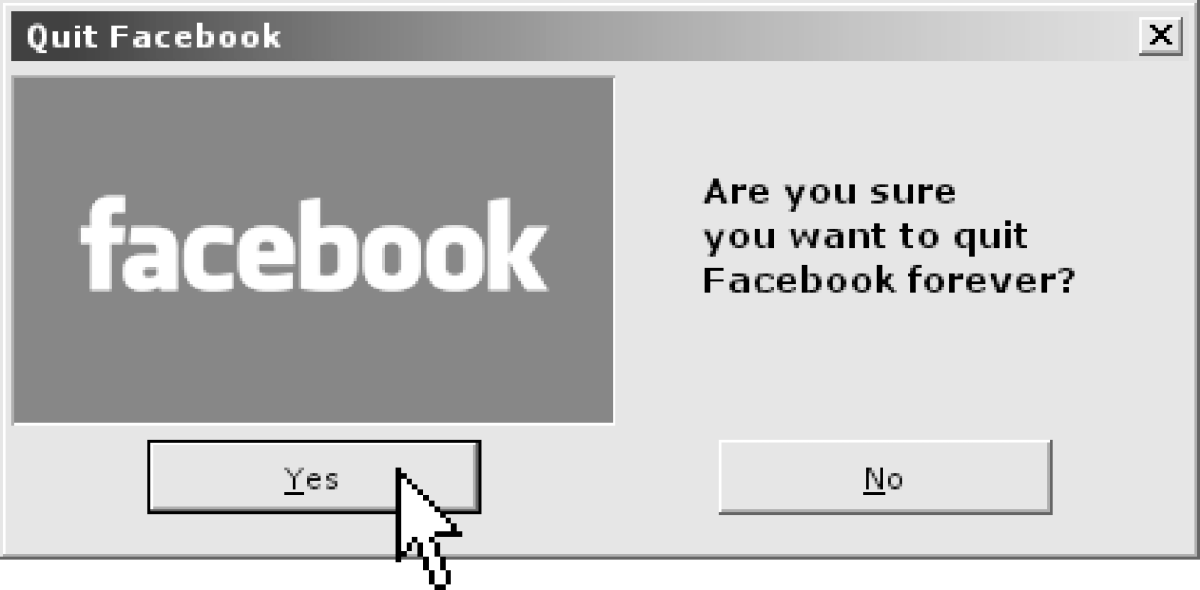A new study from the Pew Internet & American Life Project found that people are lowering their time spent on Facebook considerably. Pew reported that 61 percent of Facebook users admit to have willingly taken a break from the site for several weeks or more.
The reasons reported for lower use include “being too busy,” “lack of general interest in the site,” “absence of compelling content,” and “excessive gossip and drama from their friends,” according to Pew.
Alexa Catherman, a freshman in international studies, said she does not plan on getting rid of her account or lowering the amount of time she spends on Facebook. “I like [Facebook] because it lets me keep in touch with family and friends who I don’t see as much anymore,” said Catherman.
Another factor to perhaps consider is Facebook’s effect on students’ grades and studying. Margaret Williams, a junior majoring in criminology, said that Facebook is definitely a distraction. “I tend to spend less time on Facebook when it’s exam time and I’ll probably delete my account when I start to apply for jobs.”
Deanna La, a junior in women and gender studies, said she always checks Facebook when she takes study breaks, making them longer than she would prefer and consequently taking away time she should spend on studying.
There are however, many advantages to the world’s most used social-media network.
Jamey Widener-Reynolds, a lecturer in the Department of Foreign Languages, uses Facebook as a learning tool for students in her Spanish classes.
“I have a Facebook group where I post reminders or links to websites that address grammatical concepts. The group also allows for students to pose questions and get help from me or other students. It’s funny because students from previous semesters sometimes answer questions. Having a Facebook group allows for a lot of student-to-student collaboration that may not have otherwise occurred.”
Catherman thinks that people are spending less time on Facebook because they are spending more time on other social media accounts, like Twitter. “The younger generation has pretty much switched to Twitter because they don’t like having their parents on Facebook,” remarked Catherman.
Widener-Reynolds said she did not know whether or not students were spending less time on Facebook or more time on other social networking sites, but she knows it affects how much she gets accomplished at home. “I have to use Facebook judiciously,” said Widener-Reynolds. “Students have to do that too. If more students start using other sites, like Google Plus, I guess I’ll just switch to that.”
Although Facebook has undoubtedly swept the nation, many students, like Abigail Dexter-Boone, a freshman majoring in plant biology, do not have Facebook accounts. Dexter-Boone said she did not see the purpose in creating an account. “There was never any reason for me to get one; I never knew many people on Facebook. I’m not planning on getting one,” Dexter-Boone said.
Freshman Sarah Chetty, a Spanish language and literature major, also does not plan on making a Facebook account. Chetty said the occasional dramatic story she hears concerning Facebook are one of the things that discouraged her from creating an account. “I also don’t like the idea of sharing personal information in such an impersonal setting. If I want to tell someone something, I’ll just call them on the phone or send them an email,” said Chetty.








